Though the confinement is being relaxed, the pandemic has not left us yet.
Many people try to find some meaningful activity to fill the many hours spent at home… alone.
Looking back at the past can be such a meaningful activity.
This is the invitation that today’s 1st reading offers us (Deuteronomy 8:2-3,14-16)
 “Remember the long way that the Lord your God has led you…”
“Remember the long way that the Lord your God has led you…”
Much can happen in a long stretch of time, a long stretch of life.
The text adds that God was somehow ‘testing’ his people
“to know what was in their heart.”
What is in our hearts?
So many things, indeed all kinds of things, possibly the best and… the worst, at times.
Because this is what we are capable of: the best and the worst.
The most compassionate, generous, self-giving, other-centred behaviour can be ours.
And, sad to say, the opposite of these noble attitudes can be found in us as well.
There are moments when we are willing to help and comfort others, to listen to them and assist them in their need.
But there are situations that find us ready to put down, to fight, to crush those who stand in our way.
We are not always able to allow our best self to overcome the other selfish and mean part of us.
We need help – the very help that is offered to us in today’s gospel (Jn.6:51-58):
“Those who eat my flesh and drink my blood abide in me, and I in them.”
The journey goes on, the road ahead will see us on the way, day in, day out,
but NOT alone – not alone to struggle, to find meaning to our existence.
Someone is there with us, will always be there…
And this changes everything.
Note: Another reflection on a different theme in French can be found at: https://image-i-nations.com/fete-du-corps-et-du-sang-du-christ-annee-a-2020/
Source: Image: Unsplash


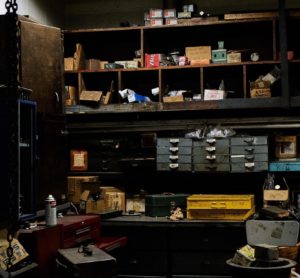


 Today’s feast of the Holy Trinity is perhaps the appropriate moment to do this:
Today’s feast of the Holy Trinity is perhaps the appropriate moment to do this: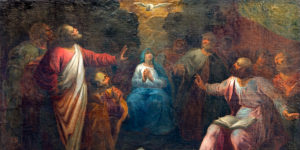 “A sound like the blowing of a violent wind came from heaven;
“A sound like the blowing of a violent wind came from heaven;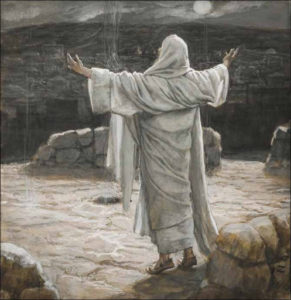 The gospel texts have much for us to learn, to reflect upon, to be inspired and to be challenged by.
The gospel texts have much for us to learn, to reflect upon, to be inspired and to be challenged by. In today’s 2nd reading (1 P 3:15-18), the apostle Peter tells the first Christians:
In today’s 2nd reading (1 P 3:15-18), the apostle Peter tells the first Christians: In the first line of this Sunday’s gospel (Jn.14:1-12) Jesus says:
In the first line of this Sunday’s gospel (Jn.14:1-12) Jesus says:
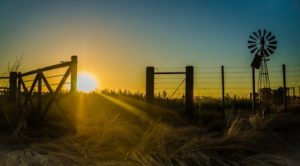 A gate, a door, an entrance into somewhere.
A gate, a door, an entrance into somewhere.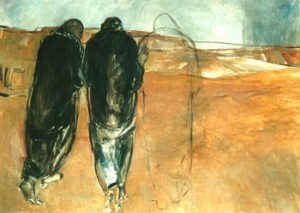 One especially retains my attention; the text says:
One especially retains my attention; the text says: An impediment of what kind?
An impediment of what kind? This is human logic, based on experience some will pretend.
This is human logic, based on experience some will pretend.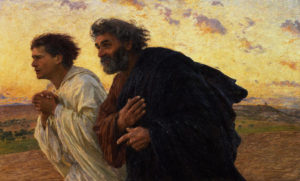 The gospel text of this Easter Sunday made me realize this anew (Jn.20:1-9).
The gospel text of this Easter Sunday made me realize this anew (Jn.20:1-9).